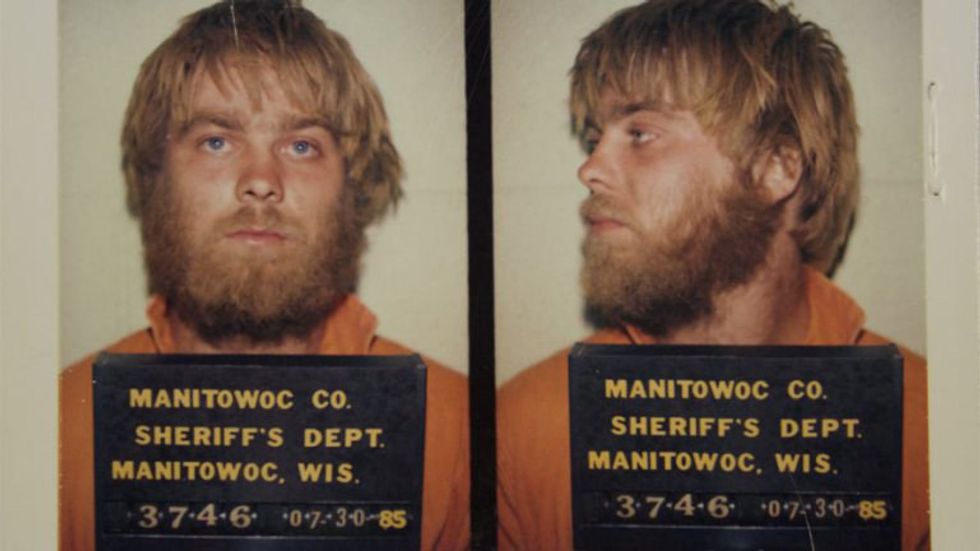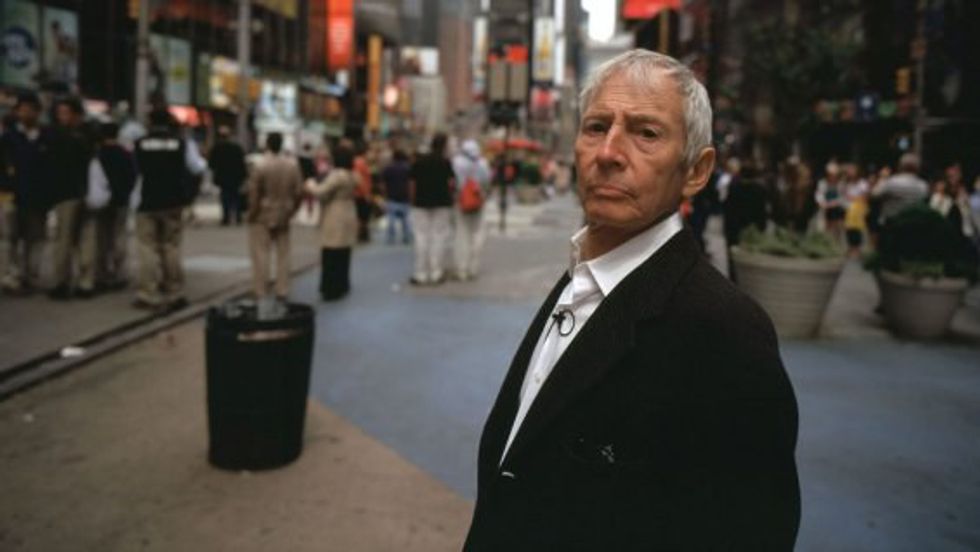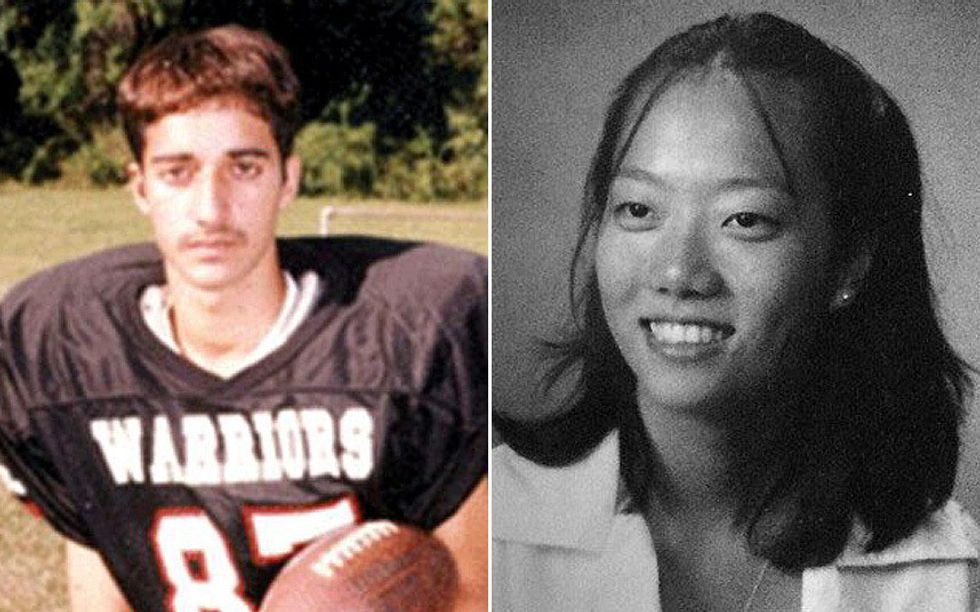Yes, I'm going to write about what everyone else is writing about: "Making A Murderer." Most of us will remember Christmas 2015 as the Christmas we spent huddled under blankets, filled with rage as we binged 10 hours of footage dedicated to a heinous crime committed over a decade ago.
Netflix's new docuseries follows the case of Steven Avery, a simple man from Manitowac County, Wisconsin, who was tried and convicted of a crime he didn't commit in 1985. After 18 years in prison, new DNA evidence revealed his innocence and he was released. Just two years later, he finds himself yet again accused of a crime, but this time it's the murder of local photographer, Teresa Halbach.
The series leads the audience to believe Steven Avery and his nephew, Brendan Dassey, his alleged accomplice, are completely innocent of Ms. Halbach's murder and has fueled outrage among viewers and stirred up quite a storm in Mantiowac County. There are online petitions pleading with President Obama to grant these men presidential pardons and to end this horror show at once. But here's the thing: this isn't the only horror show. Not even close.
This brings me to "The Jinx." The six-part HBO documentary series tells the wild story of wealthy businessman, Robert Durst. In 1982, his wife, Kathleen Durst, mysteriously disappeared and was never found. And Robert was never investigated. In 2000, Robert Durst's best friend and confidant, Susan Berman, was found dead in her home in Los Angeles. And Robert was never investigated. Finally in 2001, he was caught after murdering and dismembering his neighbor and dumping the remains in the Galveston Bay. But somehow he was acquitted. Because I guess you can get away with anything in Texas.
This story is different. Robert Durst isn't an innocent guy we can sympathize with, nor is he the anti-hero that we pull for despite knowing he's done some shady business. No, Robert Durst is guilty. He all but admits it. And yet, he's gotten away with these crimes for more than 30 years.
After watching "The Jinx," I needed more. So I turned to "Serial,: a popular podcast produced by "This American Life" staffers. The first season is comprised of 12 episodes hosted by Sarah Koening as she recounts her investigation of a murder case that took place on January 13, 1999, in Baltimore, Maryland. Hae Min Lee was found dead in Leakin Park on February 9, 1999. The only suspect? Ex-boyfriend, Adnan Syed. Adnan was found guilty of the murder and was given a life sentence plus 30 years. It's clear that there was little evidence linking Adnan to the crime and that the investigators just needed someone to convict. Koening masterfully weaves the story of what happened over the course of just 21 minutes in the winter of '99.
Don't fret; there is good news! Three weeks after the first season ended, the Maryland Court of Special Appeals filed a decision to allow Adnan to appeal his conviction. Hurray! Liberty and justice for all.
But the bad news is that there isn't. There isn't liberty and justice for all. And I don't know if there ever will be. With each of these shows, the justice system fails and it fails those who it is designed to protect: the innocent. While Serial and "Making a Murderer" depict how horrifically the justice system fails those falsely accused, "The Jinx" depicts how the system just as easily fails in putting those who are so clearly guilty behind bars.
But where the justice system fails, there is room for others to succeed. It's up to us — the viewers, the community — to speak out, to blow the whistle, to demand the liberty and justice we all deserve.























